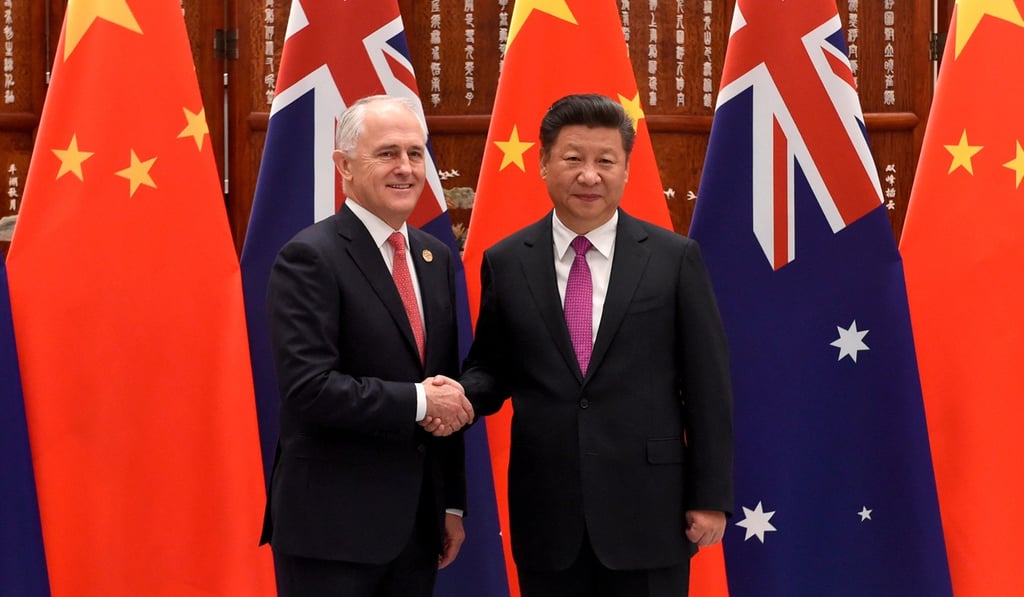What’s driving China conspiracy theories in Australia?
- China is Australia’s biggest trading partner and its people flock down under for both tourism and education
- But intellectuals say a racialised anti-China narrative has taken hold in the media – and it’s time to call it out

Two of Australia’s leading daily newspapers The Sydney Morning Herald and The Age launched an advertising campaign recently to demonstrate their commitment to investigative journalism.

“There’s also a lot of anxiety right now among the public and in universities, local government and the media about Chinese investments, and what the Australian government should do about it,” said University of Sydney Associate Professor James Reilly.
Mixed feelings towards China has inevitably polarised debate among public intellectuals and commentators. Former Australian ambassador to Beijing, Geoff Raby, said last year that bilateral ties were in a mess. Canberra was struggling to come to terms with China’s rise, he said, pointing to “an ideologically pre-conditioned policymaking establishment ... which is quixotically hoping for the return of the old, US-led order”.